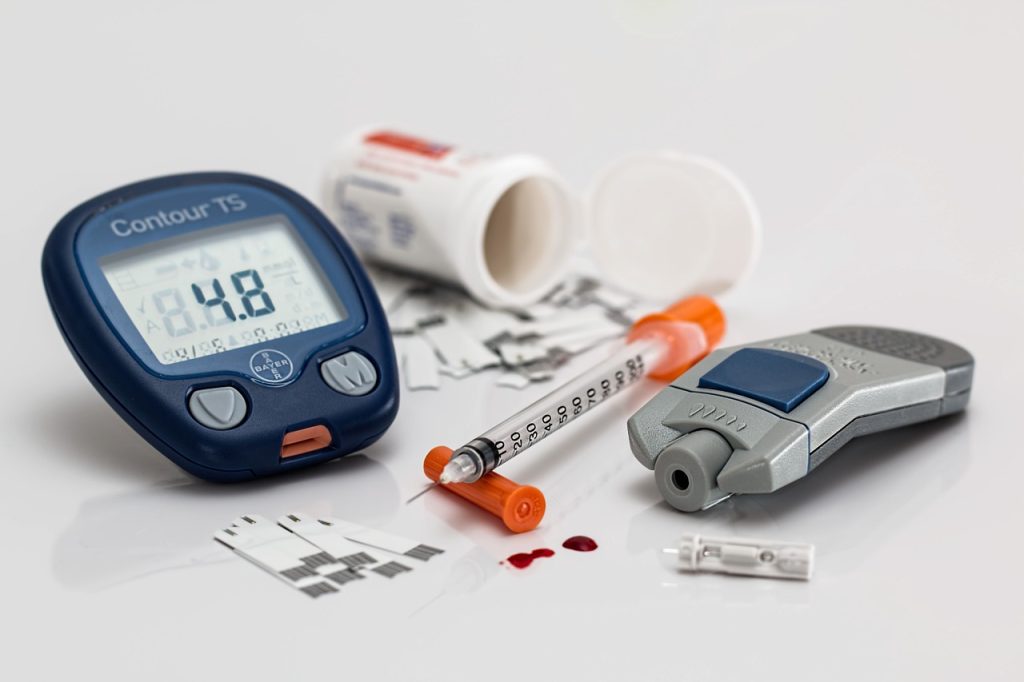Bringing Back Thiazolidinediones – Without the Weight Gain

By uncovering the subtle difference between two varieties of a protein, researchers from the Pennsylvania may have discovered how to eliminate the weight gain side effects of thiazolidinediones, which were once widely-used diabetes drugs. These findings, published in Genes & Development, could lead to more effective treatment from modified thiazolidinediones, which many likely avoid in its current form due to side effects.
“One small, undiscovered difference between the two forms of a single protein proved to be extremely significant,” said study senior author Mitchell Lazar, professor at the University of Pennsylvania. “Our findings suggest a way to improve on the mechanism of action of thiazolidinedione drugs, which holds promise for eliminating the side effect of weight gain.”
After their introduction in the 1990s, thiazolidinediones, which include rosiglitazone, soon enjoyed widespread use in diabetes. Since then, they have fallen out of favour due to their side effects. This has led some researchers to investigate whether new compounds could be developed that retain these drugs’ therapeutic effects while having fewer side effects.
In their study, Prof Lazar and his team approached this problem by studying thiazolidinediones’ target, PPARgamma (PPARγ), a protein which helps control fat cell production. The scientists examined two lines of mice: One greatly deficient in one form of the protein, PPARγ1, the other greatly deficient in PPARγ2. In the mice, the scientists showed that activating PPARγ1 or PPARγ2 with a thiazolidinedione had an anti-diabetic effect in each case, protecting mice from the metabolic harm of a high-fat diet.
However, the researchers discovered that activation of these two forms has subtly different downstream effects on gene activity. Specifically, in the PPARγ1-deficient mice (in which most of the present PPARγ takes the form of PPARγ2), the thiazolidinedione treatment caused no weight gain.
The finding therefore suggests that it may be possible to realize the benefits of thiazolidinediones without the weight gain side effect, by selectively activating PPARγ2 and not PPARγ1.
“We’re now studying in more detail how PPARγ1 and PPARγ2 work and how they differ, in the hope of finding ways to selectively activate PPARγ2,” Prof Lazar said.
Source: University of Pennsylvania

